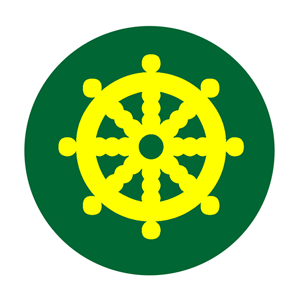Ismertető
DDB (Digital Dictionary of Buddhism) and CJKV-E (Classical Chinese) are collaborative works edited by Charles Muller. DDB Access gives access to DDB and CJKV-E from Windows and other common devices.
DDB Access is a free application. Any user may access the dictionary by entering "guest" as the user name with no password. This will allow a total of 10 searches in each of the DDB and CJKV-E dictionaries in a 24-hour period.
Contributors can get free unlimited access by submitting a 350+ word entry as specified at http://www.buddhism-dict.net/contribute.html
DDB and CJKV-E are primarily resources for scholars. Contributors are required to have completed a graduate degree to at least the equivalent of the M.A. level in graduate school program at a fully accredited unversity, where one has received a formal training in the reading of classical East Asian Buddhist texts.
Features: - Search dictionaries by Chinese or by translation. - Parse and lookup: copy a full text and get all words with one click. - User chooses to show pronunciations in Chinese, Japanese, Korean or Vietnamese. - Recognizes traditional and simplified Chinese characters. - Includes additional standard Chinese dictionaries appropriate for texts that contain literary and historical terminology.
Besides recognizing the correspondence between simplified and traditional variants, DDB Access also recognizes equivalent traditional variants and Japanese variants. For instance, searching 真 (or parsing a text with 真) will show both 真 and 眞, according to what is present in selected dictionaries. Or it will recognize equally well 為/爲 or 眾/衆.
Michael Beddow developed and steadfastly maintained the DDB/CJKV-E servers for almost two decades. Paul Hackett has now taken this responsibility.


